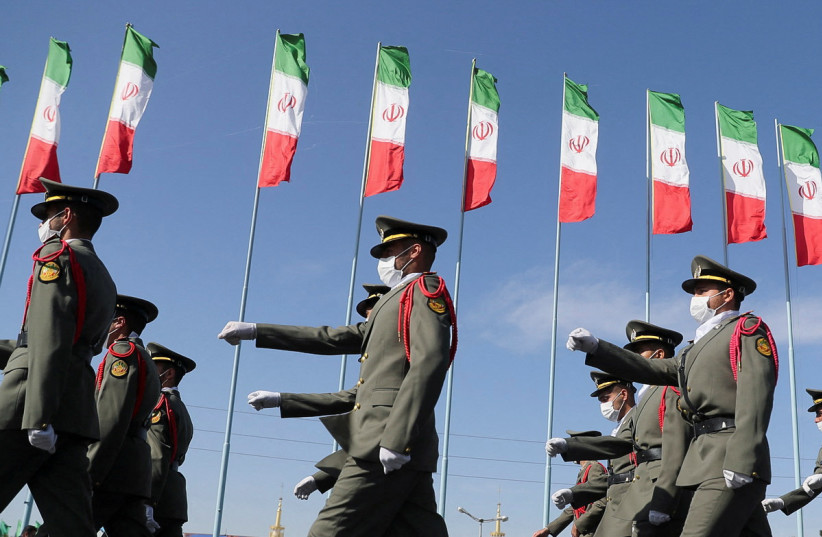Iran will not retreat from its "rightful and logical" stance in its nuclear impasse with the United States, President Ebrahim Raisi said on Wednesday, a day after France warned there were only a few weeks left to revive a 2015 nuclear deal.
The pact seemed near revival in March but 11 months of talks between Tehran and major powers in Vienna were thrown into disarray chiefly over Iran's insistence that Washington remove its elite security force, the Islamic Revolutionary Guards Corps (IRGC), from the US Foreign Terrorist Organizations list.
In an effort to overcome the impasse and narrow the remaining gaps, Tehran and Washington held indirect talks in Qatar last month but they ended without progress.
"Iran will not back down from its rightful and logical stance...I advise the Americans to...see the facts and learn from their past mistakes," Raisi said, according to state TV.
Since the Doha talks, Iran has questioned US resolve to save the pact while Washington has said Tehran has added new demands unrelated to discussions on its nuclear program during the latest talks.

Background
On Tuesday, France said there were only a few weeks before the window of opportunity to salvage the 2015 pact would close, accusing Tehran of using delaying tactics while forging ahead with its uranium enrichment program. A senior US official made clear Washington had set no such deadline.
When asked about French foreign minister's comment on the talks, Iranian Foreign Ministry spokesperson Nasser Kanaani told reporters: "Had it not been for Iran’s efforts, the diplomacy window wouldn’t be open now."
"Iran will not back down from its rightful and logical stance...I advise the Americans to...see the facts and learn from their past mistakes."
Iranian President Ebrahim Raisi
Under the 2015 nuclear pact with world powers, Iran limited its uranium enrichment program, a potential pathway to nuclear weapons - though Tehran says it seeks only civilian atomic energy - in return for a lifting of international sanctions.
In 2018, then-US President Donald Trump reneged on the agreement reached before he took office, calling it soft on Tehran, and reinstated harsh US sanctions on Iran. That spurred Tehran to start violating the deal's curbs on its nuclear activity.
Western countries say the longer Iran flouts the deal and produces larger quantities of enriched uranium, the harder it becomes to restore the nonproliferation-oriented pact.
